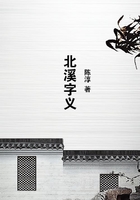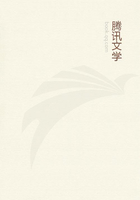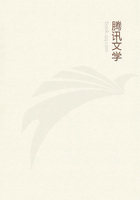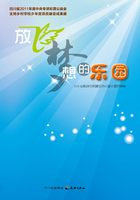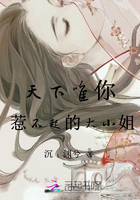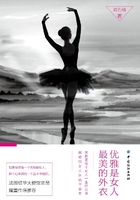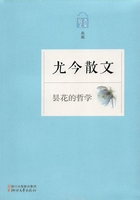Here, on the other hand, there is perhaps the nearest approach to literary restraint that Hugo has ever made: there is here certainly the ripest and most easy development of his powers. It is the moral intention of this great novel to awaken us a little, if it may be - for such awakenings are unpleasant - to the great cost of this society that we enjoy and profit by, to the labour and sweat of those who support the litter, civilisation, in which we ourselves are so smoothly carried forward. People are all glad to shut their eyes; and it gives them a very simple pleasure when they can forget that our laws commit a million individual injustices, to be once roughly just in the general; that the bread that we eat, and the quiet of the family, and all that embellishes life and makes it worth having, have to be purchased by death - by the deaths of animals, and the deaths of men wearied out with labour, and the deaths of those criminals called tyrants and revolutionaries, and the deaths of those revolutionaries called criminals. It is to something of all this that Victor Hugo wishes to open men's eyes in LES MISERABLES; and this moral lesson is worked out in masterly coincidence with the artistic effect. The deadly weight of civilisation to those who are below presses sensibly on our shoulders as we read.
A sort of mocking indignation grows upon us as we find Society rejecting, again and again, the services of the most serviceable; setting Jean Valjean to pick oakum, casting Galileo into prison, even crucifying Christ. There is a haunting and horrible sense of insecurity about the book.
The terror we thus feel is a terror for the machinery of law, that we can hear tearing, in the dark, good and bad between its formidable wheels with the iron stolidity of all machinery, human or divine. This terror incarnates itself sometimes and leaps horribly out upon us; as when the crouching mendicant looks up, and Jean Valjean, in the light of the street lamp, recognises the face of the detective; as when the lantern of the patrol flashes suddenly through the darkness of the sewer; or as when the fugitive comes forth at last at evening, by the quiet riverside, and finds the police there also, waiting stolidly for vice and stolidly satisfied to take virtue instead. The whole book is full of oppression, and full of prejudice, which is the great cause of oppression. We have the prejudices of M. Gillenormand, the prejudices of Marius, the prejudices in revolt that defend the barricade, and the throned prejudices that carry it by storm. And then we have the admirable but ill-written character of Javert, the man who had made a religion of the police, and would not survive the moment when he learned that there was another truth outside the truth of laws; a just creation, over which the reader will do well to ponder.
With so gloomy a design this great work is still full of life and light and love. The portrait of the good Bishop is one of the most agreeable things in modern literature. The whole scene at Montfermeil is full of the charm that Hugo knows so well how to throw about children. Who can forget the passage where Cosette, sent out at night to draw water, stands in admiration before the illuminated booth, and the huckster behind "lui faisait un peu l'effet d'etre le Pere eternel?"
The pathos of the forlorn sabot laid trustingly by the chimney in expectation of the Santa Claus that was not, takes us fairly by the throat; there is nothing in Shakespeare that touches the heart more nearly. The loves of Cosette and Marius are very pure and pleasant, and we cannot refuse our affection to Gavroche, although we may make a mental reservation of our profound disbelief in his existence. Take it for all in all, there are few books in the world that can be compared with it. There is as much calm and serenity as Hugo has ever attained to; the melodramatic coarsenesses that disfigured NOTRE DAME are no longer present. There is certainly much that is painfully improbable; and again, the story itself is a little too well constructed; it produces on us the effect of a puzzle, and we grow incredulous as we find that every character fits again and again into the plot, and is, like the child's cube, serviceable on six faces; things are not so well arranged in life as all that comes to. Some of the digressions, also, seem out of place, and do nothing but interrupt and irritate. But when all is said, the book remains of masterly conception and of masterly development, full of pathos, full of truth, full of a high eloquence.
Superstition and social exigency having been thus dealt with in the first two members of the series, it remained for LES TRAVAILLEURS DE LA MER to show man hand to hand with the elements, the last form of external force that is brought against him. And here once more the artistic effect and the moral lesson are worked out together, and are, indeed, one.

